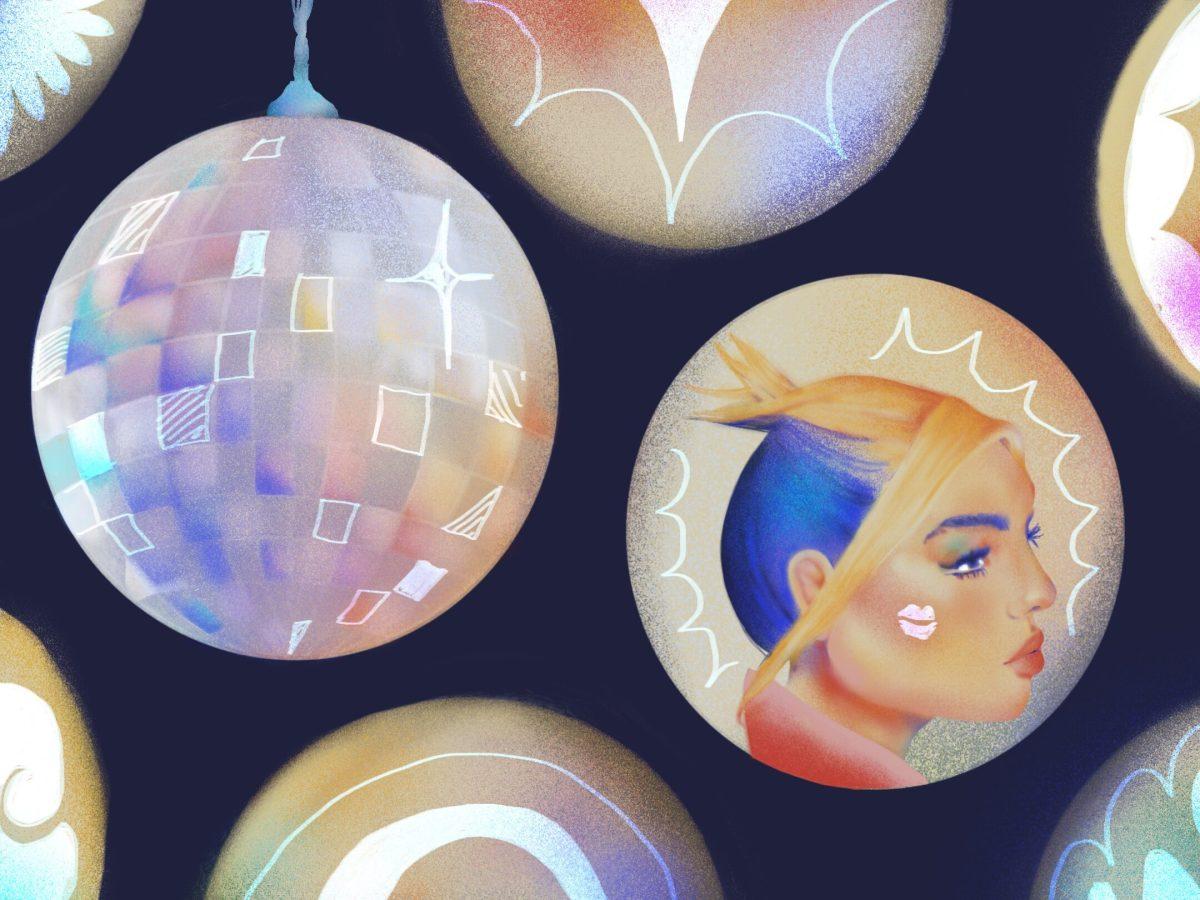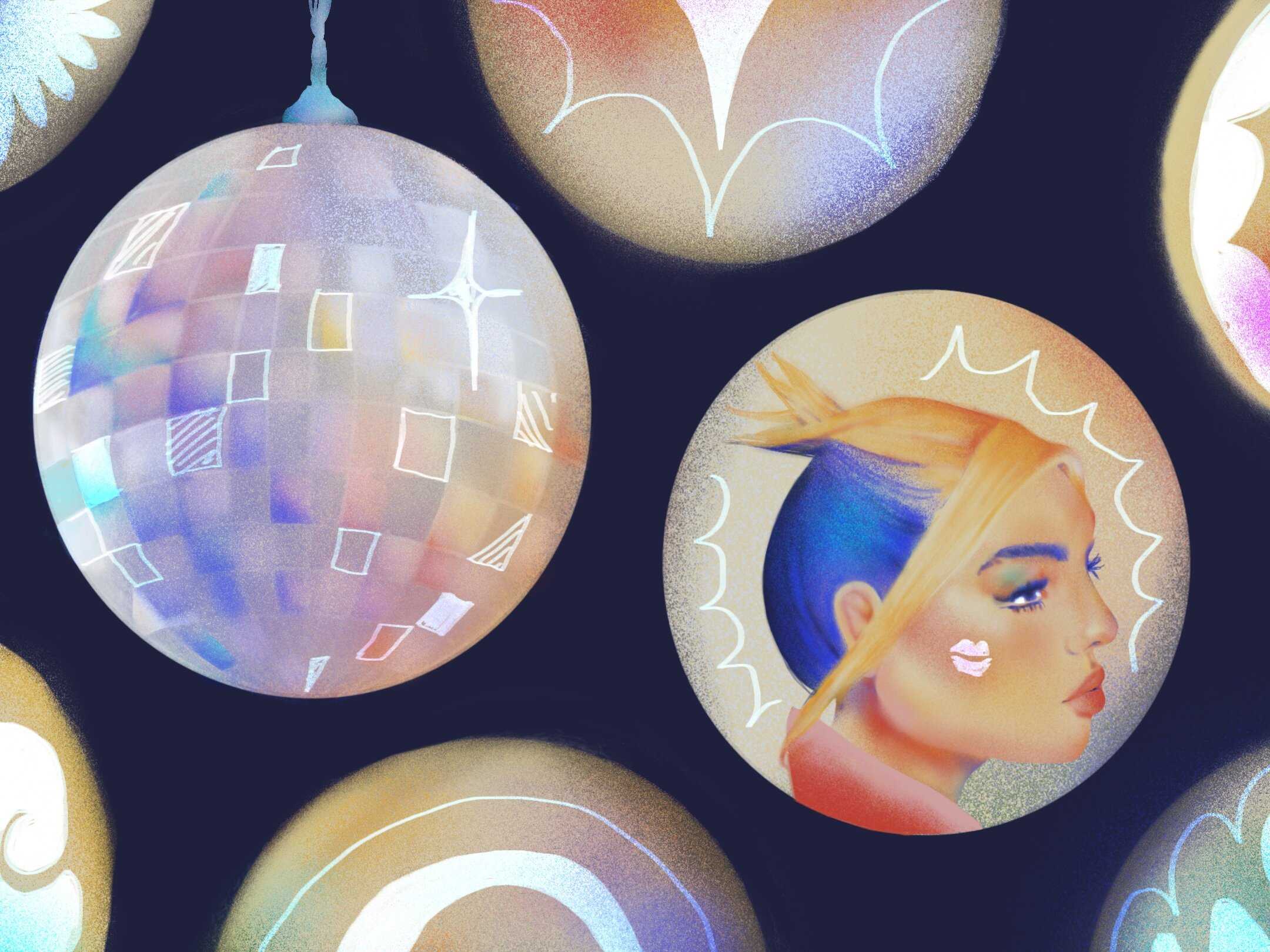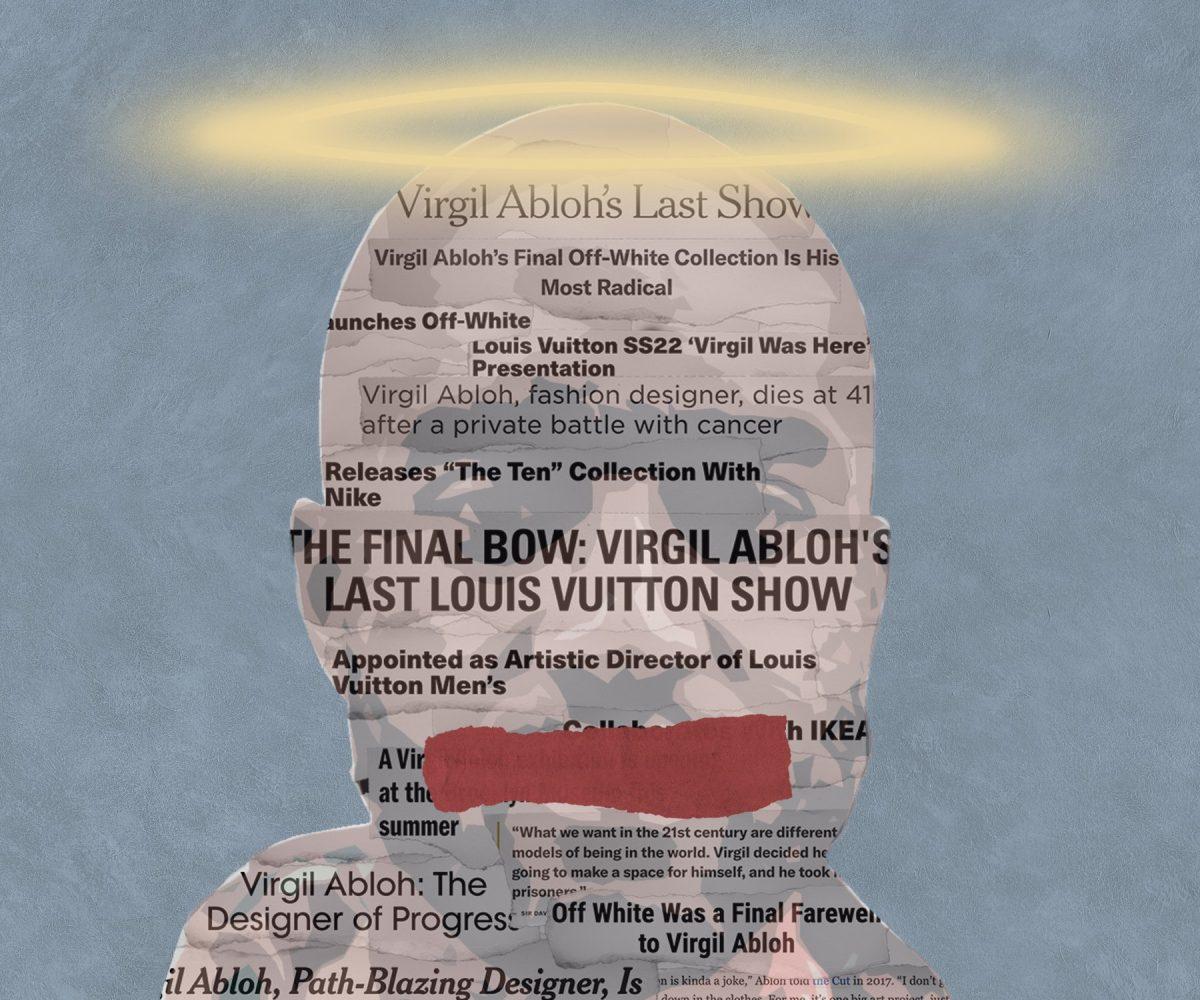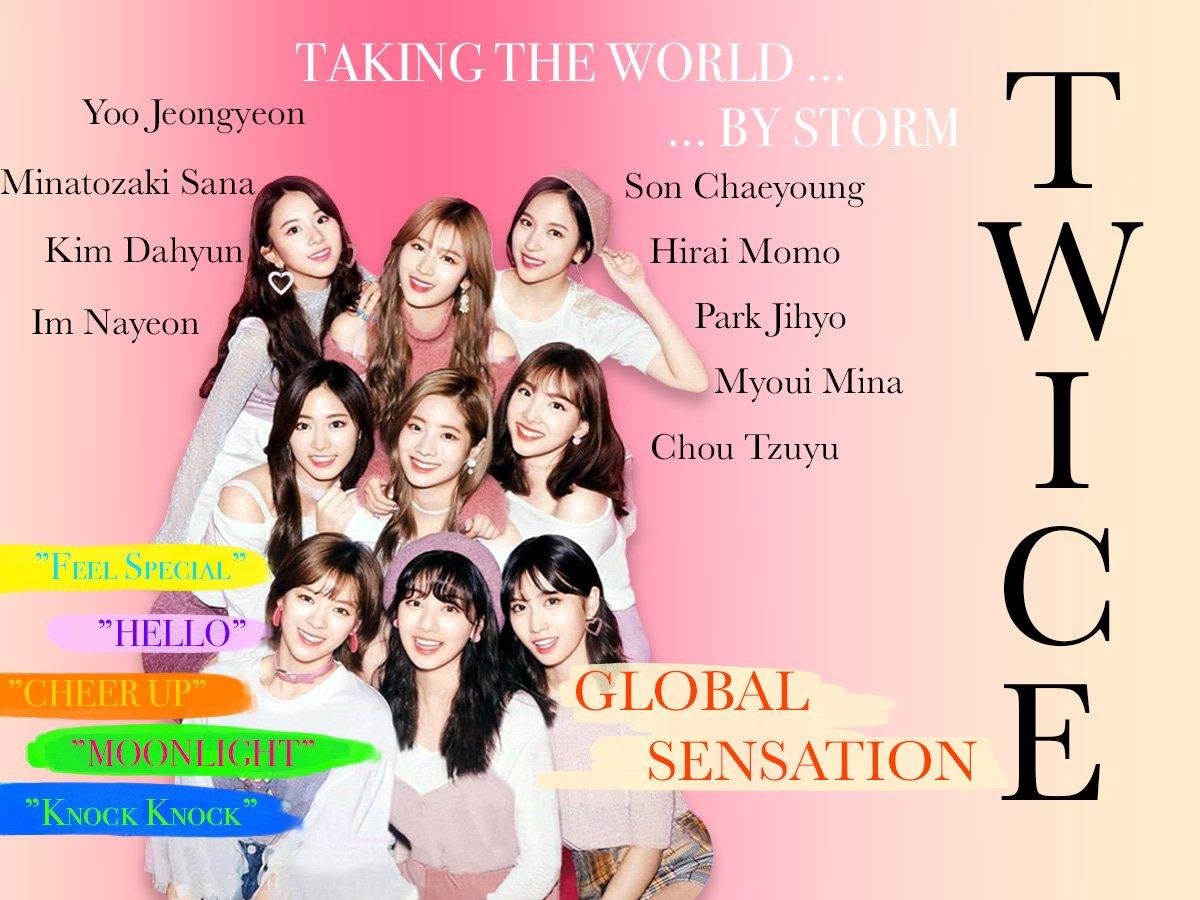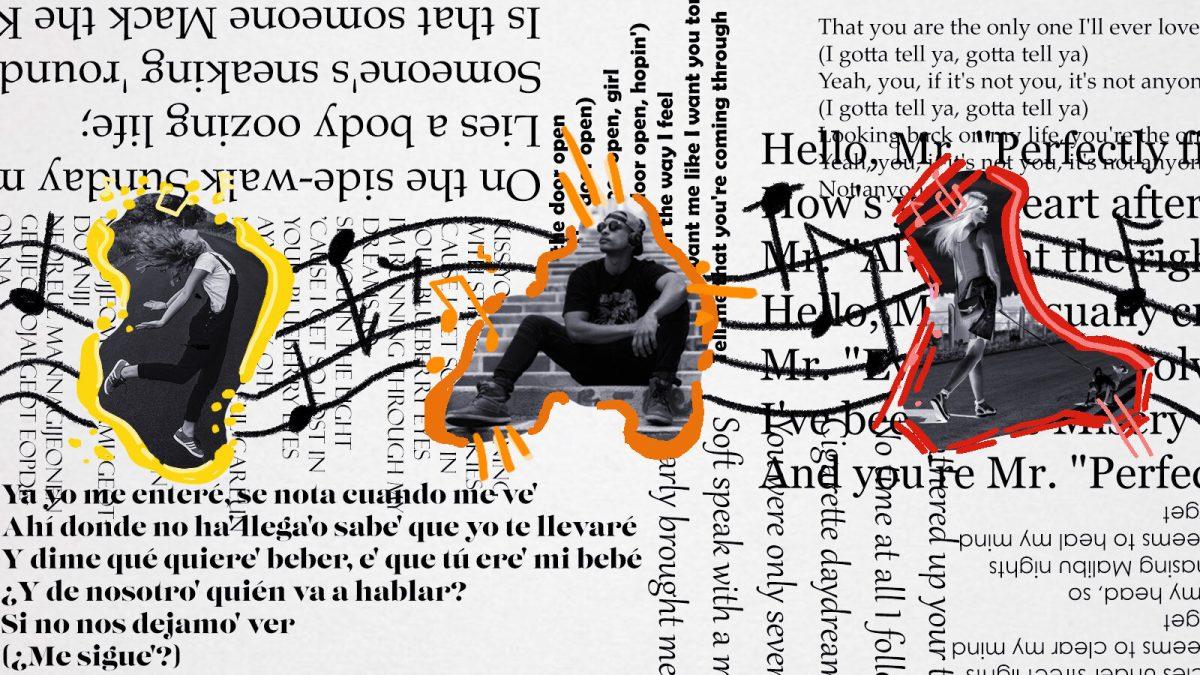Story by Chase Seabourn // @chasecaldwell__ // pronouns: he/they
Photos by Isabel Canales // @isabel.canales // pronouns: she/her
Disco is the people’s music. Since its roots in the early ‘70s, disco been a place of refuge, an escape from everyday persecution and a sanctuary of queerness and creative expression. Like most music genres, disco emerged from hard times, but what separates it entirely is that it was not created by or for mainstream society. The infrastructure of disco was built by the hands of queer and trans Black and Latinx people.
Disco’s dance floor cultivated a kind of social euphoria that had never been seen before. Newfound sexual and artistic liberation, and most importantly, community building centered around confidence and joy- these things were what disco was all about. Society, of course, ate it up- pressure creates diamonds, and there’s something universally translated about deriving indescribable joy from pain. This is the language of disco.
Fast-forward, over forty years later, and newsflash! Disco is not dead! There have consistently been artists passing the torch, creating new waves and pushing disco into new territory in new times of pain. Michael Jackson, Donna Summer, Prince, Madonna and Kylie Minogue kept disco alive in popular music in the ‘80s and ‘90s. Disco then evolved in the 2000s and permeated all forms of music, including being the precursor for electronic and EDM. Remember “Hey Ya!” by OutKast, “Everytime We Touch” by Cascada and even “Blow” by Beyoncé? There’s something distinctly nostalgic about these types of anthems that people gravitate to and remember more fondly than most. These songs were about exhilaration, and we could jump around in our rooms with our friends and let our souls leave our bodies for a brief second.
Sadness has nothing on disco; it’s made purely for escape.
2020 had the rare distinction of being rough on just about everyone. No one came out completely unscathed. As such, 2020 also produced some of the purest disco bangers the world has seen in a long time, probably to keep us from going completely insane. In terms of music, Dua Lipa owned 2020. Released in March, Future Nostalgia was the perfect blend of pop and disco, giving us bops like “Don’t Start Now,” “Physical” and “Levitating.” Like the North Star, these songs guided us from despair to a virtual club in our own heads where we could tune out the overwhelming noise of the world for a few minutes and live in a distant dance-pop landscape that really just wasn’t that deep. It didn’t need to be. With so much self-reflection and isolation in this new world we were living in, sometimes not thinking was actually better.
In June of 2020, Jessie Ware bestowed upon us the perfectly crafted gift of What’s Your Pleasure?, an album that paid homage to old disco in a manner with which not even Dua Lipa could compete. The title track “What’s Your Pleasure” featured a music video starring Nicolas Huchard, a queer Black man, dancing in a dimly lit room wearing various outfits, including a black lace dress, a crystal-studded jumpsuit and a cowboy hat. Like the video, the entire album invites the listener into an intimate and sexy experience where there is no inhibition, just dance.
Future Nostalgia, What’s Your Pleasure? and even Chromatica by Lady Gaga had the girls dancing. Disco speaks love, acceptance and euphoria, and the world needed that especially this past year. Music is a profoundly social experience, and like everything, music evolves.
Sometimes the world desperately needs disco, and sometimes the world rejects it entirely. But even in unfortunate times when we’re not getting legendary albums like Future Nostalgia, disco will continue to influence every sector of the music industry. As long as there’s joy, sorrow and trailblazing queer creatives out there constantly pushing music and society into new territory, disco shall not be dead.































